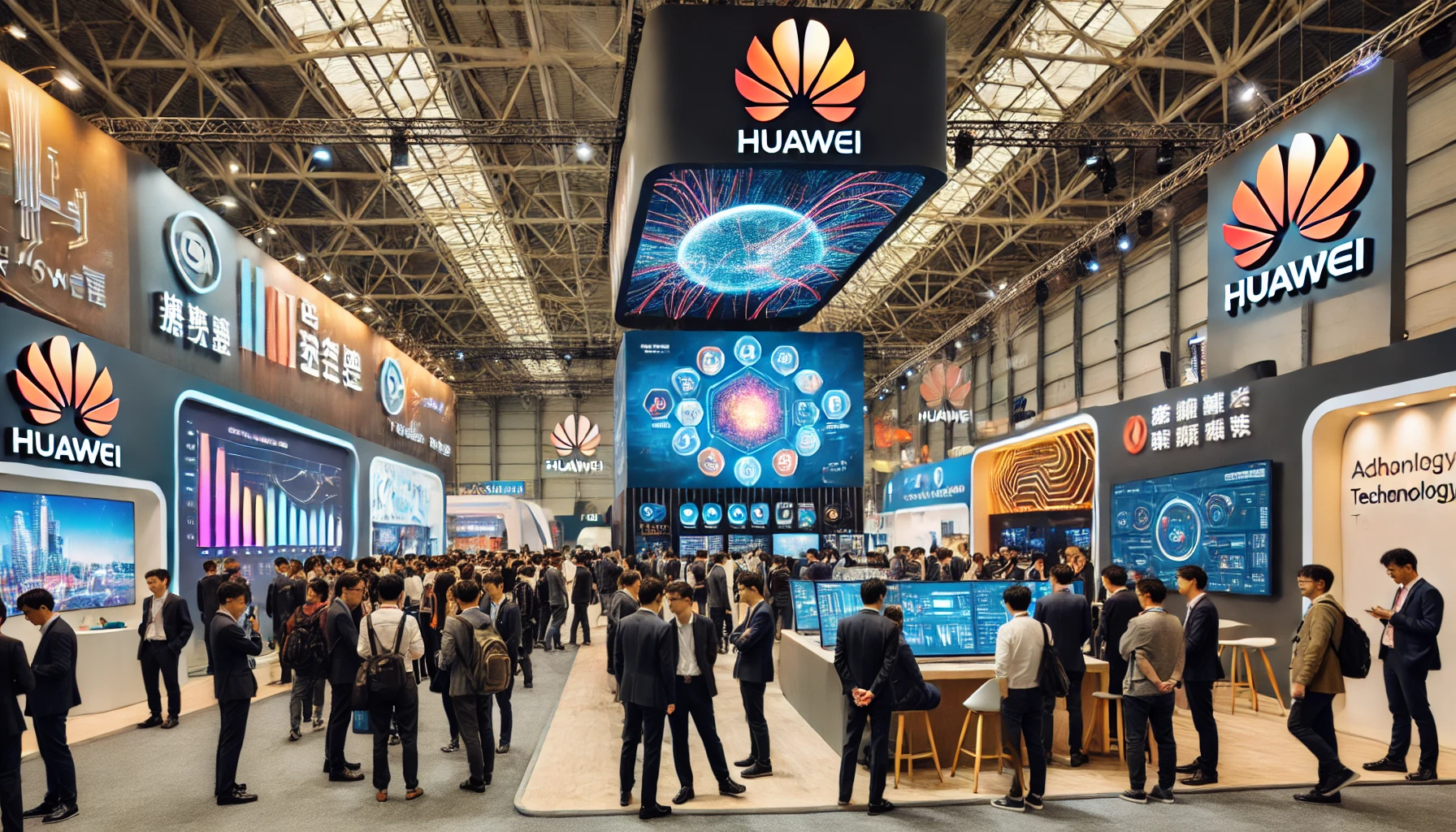
At the World AI Conference in Shanghai, a three-day event that began on Thursday, Huawei’s senior executive Zhang Ping’an dismissed concerns that a shortage of advanced artificial intelligence (AI) chips will impede China’s ambition to lead in AI. Instead, he highlighted the need for innovative solutions to overcome this challenge.
Zhang Ping’an, CEO of Huawei Cloud, addressed the forum by acknowledging the limitations in computing power currently faced by China. He emphasized that relying solely on the most advanced AI chips as the foundation for AI infrastructure is not viable. Zhang’s comments come in the wake of tighter U.S. restrictions on AI chip shipments to China, including a ban on sales by major U.S. companies like Nvidia.
Comparison of AI Chips
| Feature | Nvidia AI Chips | Huawei Ascend AI Chips |
|---|---|---|
| Manufacturing Process | Advanced nodes | Less advanced nodes |
| Computing Power | Superior | Inferior |
| Availability in China | Restricted by U.S. regulations | Widely available |
| Usage | Global, industry-leading | Primarily within China |
Zhang’s remarks also touched on the broader implications of the U.S. Entity List, which has restricted Huawei from purchasing advanced chips from American companies. Despite these restrictions, Huawei has developed its own AI chip product, the Ascend, which is now widely used by many companies in China to train AI models. However, it is recognized that the Ascend AI chip and other Chinese AI chips are significantly inferior in computing power compared to Nvidia’s offerings.
Innovative Solutions and Converged Approaches
Zhang urged for more innovative approaches that focus on cloud computing to mitigate the limitations posed by the lack of advanced AI chips. He suggested that improvements in computing architecture could help compensate for these deficiencies. Additionally, Zhang called for a converged approach combining cloud, edge, and network technologies to enhance energy efficiency and overall operational effectiveness. He highlighted Huawei Cloud’s position as a leader in delivering such innovative solutions.
Despite the U.S. restrictions, Huawei’s efforts in developing the Ascend AI chip demonstrate the company’s commitment to advancing its technological capabilities. The Ascend AI chip is a critical component in Huawei’s strategy to remain competitive in the AI sector. This chip is used by numerous Chinese companies to train AI models, albeit with less computing power than Nvidia’s chips.
Zhang emphasized that the focus should not solely be on having the most advanced chips but on leveraging available resources innovatively. Huawei Cloud, according to Zhang, plays a pivotal role in providing solutions that can bridge the gap caused by chip shortages. He argued that innovative computing architecture within the cloud could significantly enhance AI capabilities without relying on the latest chip technologies.
- Strategies for Overcoming AI Chip Shortages:
- Leverage cloud computing to enhance AI infrastructure.
- Innovate computing architecture to compensate for less advanced chips.
- Combine cloud, edge, and network technologies for improved efficiency.
- Reduce energy consumption through integrated solutions.
The U.S. restrictions on AI chip sales to China, including those from Nvidia, have significant implications for the global AI landscape. Companies like Huawei are forced to innovate and find alternative solutions to maintain their competitive edge. Zhang’s comments reflect a broader strategy to mitigate these challenges through innovation and integration.
Zhang Ping’an’s statements at the World AI Conference highlight the resilience and adaptability of Huawei in the face of international challenges. By focusing on innovation and leveraging cloud technologies, Huawei aims to overcome the limitations imposed by the shortage of advanced AI chips. The development of the Ascend AI chip and the emphasis on a converged approach underscore Huawei’s commitment to maintaining its position in the AI sector.
Featured Image courtesy of DALL-E by ChatGPT
